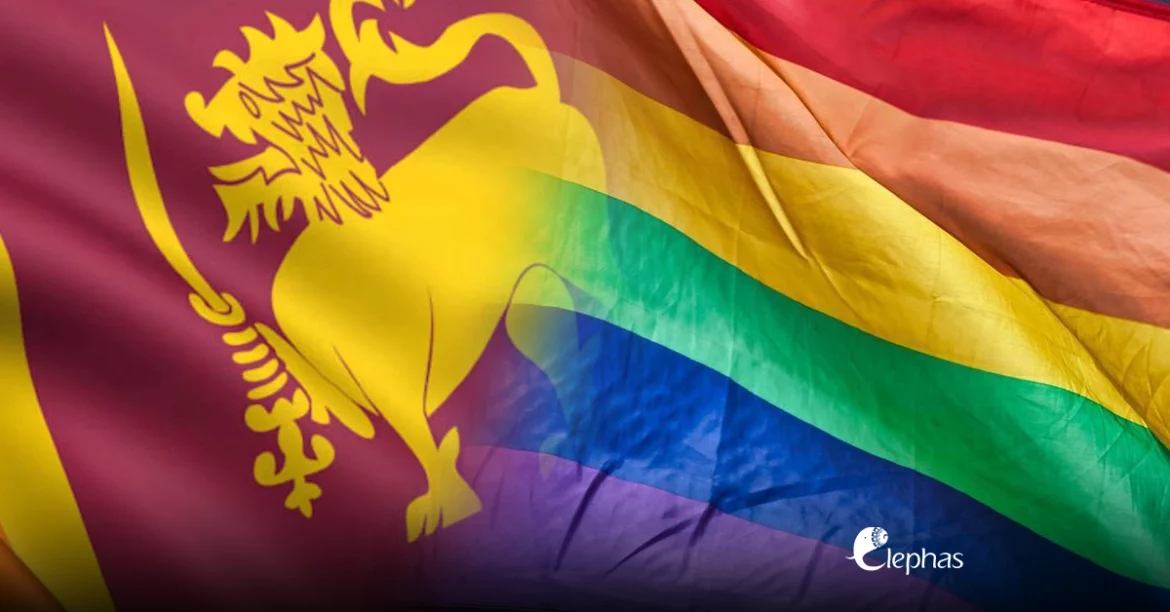Sri Lanka’s Supreme Court recently made a landmark decision regarding same-sex relationships in the country. The court ruled that Parliament can legalize same-sex relationships through a simple majority, overturning a previous decision that stated a two-thirds majority or a national referendum was required.
The decision was made by a three-judge bench, consisting of Chief Justice Jayantha Jayasuriya, Vijith Malalgoda, and Arjuna Obeysekera. The bench passed a 43-page judgment, stating that a Private Member’s Bill to amend the Penal Code, which was presented by MP Premnath Dolawatta on April 4, can be passed through a simple majority.
The bill seeks to remove provisions in Sri Lanka’s Penal Code that allow for prosecution for “unnatural” sexual relations with men and women. Currently, the code contains enabling provisions that criminalize same-sex relationships.
The decision by the Supreme Court comes after three petitioners challenged the bill and asked for it to be set aside, arguing that it must be passed by a two-thirds majority in Parliament or a referendum. However, the court ruled that this was not necessary.
In addition to the three petitioners, 14 interlocutory petitions were filed by 30 other citizens and two civil society organizations in support of the bill. This indicates a growing movement in Sri Lanka to decriminalize same-sex relationships and ensure that LGBTQ+ individuals are granted equal rights under the law.
While this decision by the Supreme Court is a significant step forward for LGBTQ+ rights in Sri Lanka, it is important to note that there is still a long way to go. Discrimination and harassment against the LGBTQ+ community are still prevalent in the country, and many individuals continue to face persecution for their sexual orientation or gender identity.
However, this ruling sends a powerful message that the voices of marginalized communities cannot be ignored, and that progress towards equality and justice can be achieved through collective action and advocacy. It is now up to Parliament to act on this ruling and ensure that same-sex relationships are decriminalized and that LGBTQ+ individuals are granted equal rights and protections under the law.

